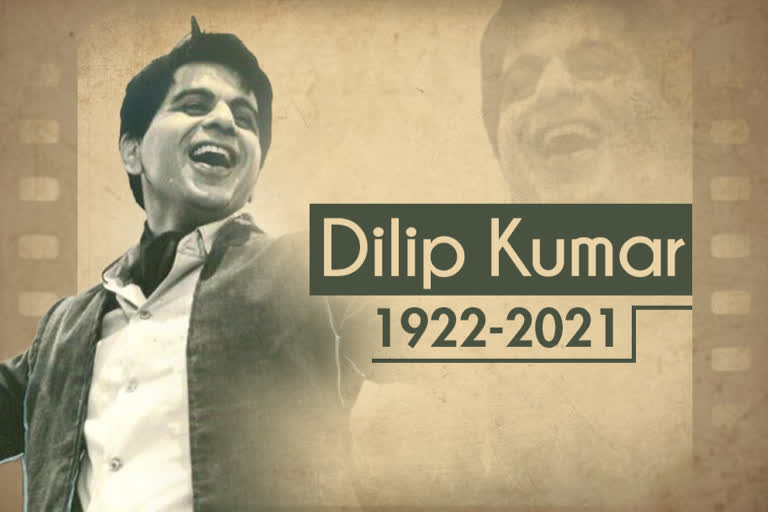Hyderabad: Dilip Kumar, the celebrated actor who ruled the silver screens with spellbinding performances in one hit film after another in his almost six-decade-long career bids adieu to his umpteen admirers across the border. The Peshawar-born actor was a living symbol of secular India. Yusuf Sarwar Khan was the fifth of the 13 children of a successful fruit merchant who migrated to Bombay and Nashik, for medical rather than economic reasons.
He had his school and early college education in Bombay before joining his father's fruit-selling business. A chance meeting with the legendary Devika Rani, during a business trip to Naini Tal, resulted in a brief interview at the Bombay Talkies office and a break in movies in 1943.
The charming and handsome actor who began his career with Jwar Bhata in 1944 went on to carve a niche for himself as the ultimate method actor. In the following six decades he has starred in precisely 57 films two of which were in Bengali, and gave a guest appearance in four others.
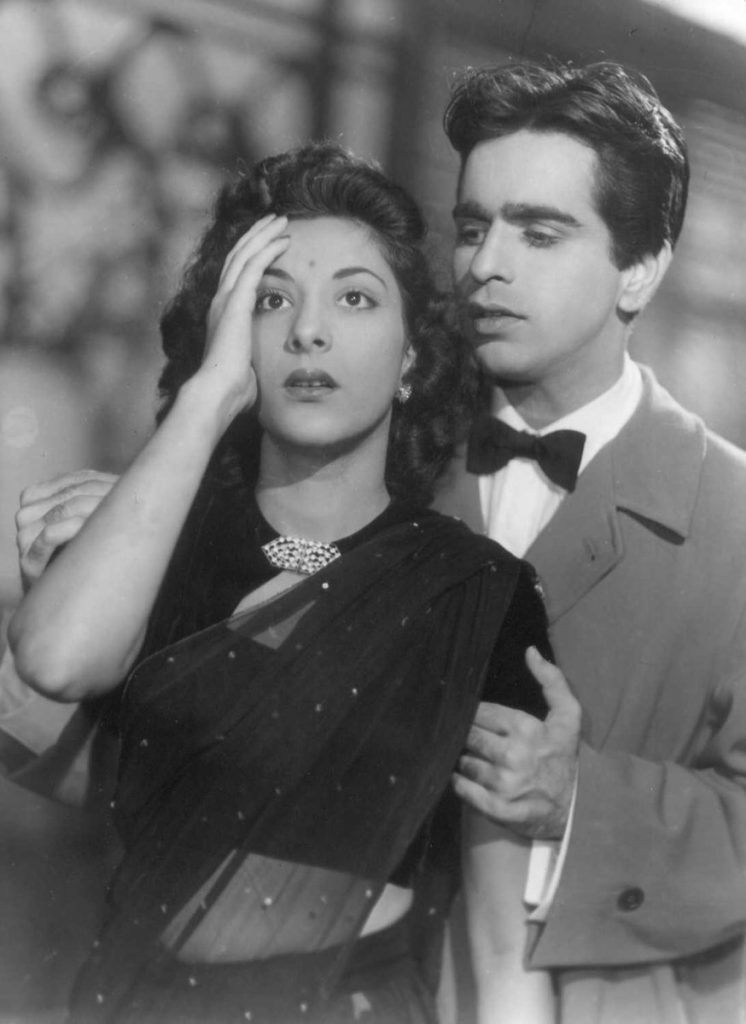
Dilip began as a diffident novice in Hindi cinema in the early 1940s. With his innovative capability, determination, hard work and never-say-die attitude, he attained the pinnacle of stardom within a short time.
Out of the 57 starrers his performance won him a record eight Filmfare trophies. He was also awarded the Padma Bhushan in 1991, Filmfare Raj Kapoor Lifetime Achievement Award in 1993, the Dadasaheb Phalke Award in 1995, the controversial Nishan-e-Imtiaz, the highest civilian award in Pakistan in 1997, apart from numerous others.
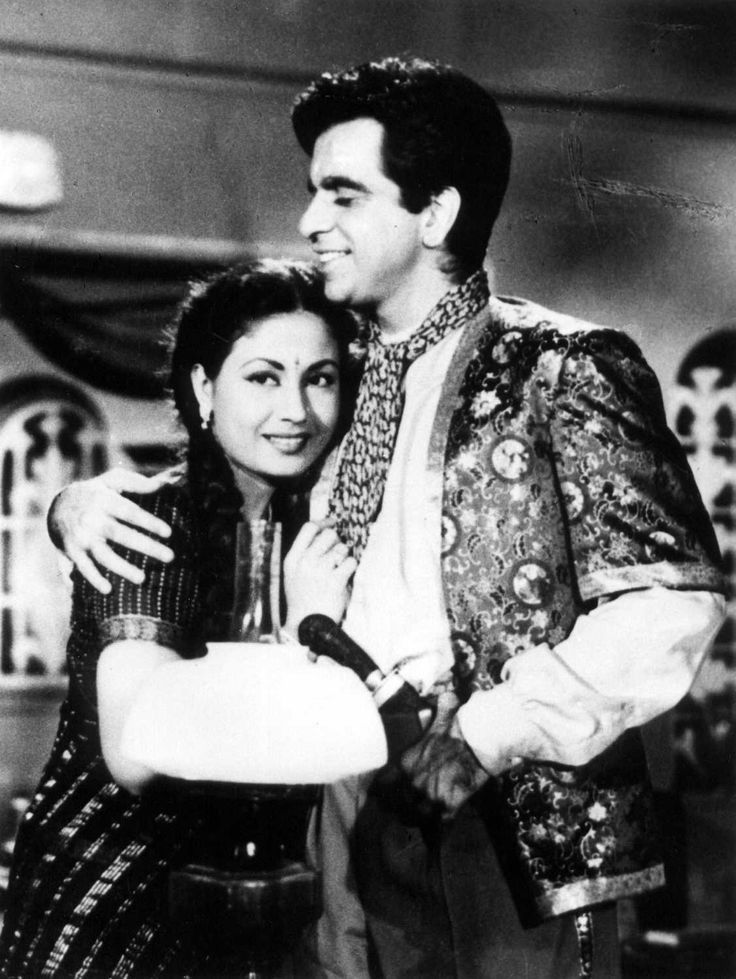
Although Kumar did not regret his decision, three films that he declined went on to become landmarks in Indian cinema. Mehboob Khan's Mother India, Guru Dutt's Pyasa and Raj Kapoor's Sangam. Not only Bollywood iconic films that he turned his back to. Dilip also rejected a role in David Lean's Lawrence of Arabia. The very part which made Omar Sharif a global superstar. Dilip apparently refused the offer thinking that he would be an outsider in the setup.
He marked his every performance with unique intensity. However, back then, there also existed a popular view that the tragedy king of the Indian screen has always worked within the ambit of a limited range.
Motilal, who was effortlessly natural with his craft, once said that: "I have watched Dilip in several films since 'Jwar Bhata' and I find - and Dilip will be the first to agree with me here - that he has fallen into a rut. He is very definitely, the great lover, but what else is he besides? He gives masterly emotional performances in all his pictures, but in his roles, there is a sameness which he must avoid if he wants to remain where he is today - right on top. He must give himself a chance to be versatile."
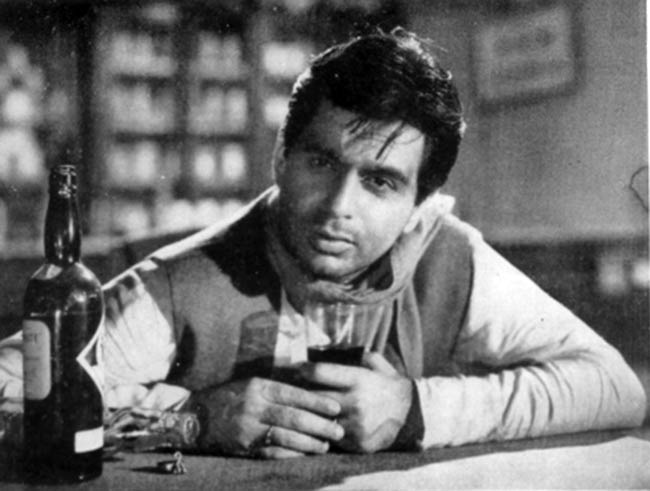
Kumar also tried his talent by essaying some interesting comedy roles. Kohinoor, Leader, Gopi, Azad, Ram Aur Shyam and Sagina were his escape route as a performer from the intense drama. In fact, a British psychiatrist had advised him to switch over to comedy since essaying tragedies for so long had started affecting his psyche adversely.
He was also perceived as an extremely interfering actor. While he dubbed the interference as involvement to the betterment of the film, few filmmakers thought otherwise. Apparently, there were at least 13 films that were either announced, launched, began shooting but shelved subsequently for a variety of reasons including Kumar's unsolicited creative inputs.
As an actor, he last graced the silver screen in 1998's Qila.
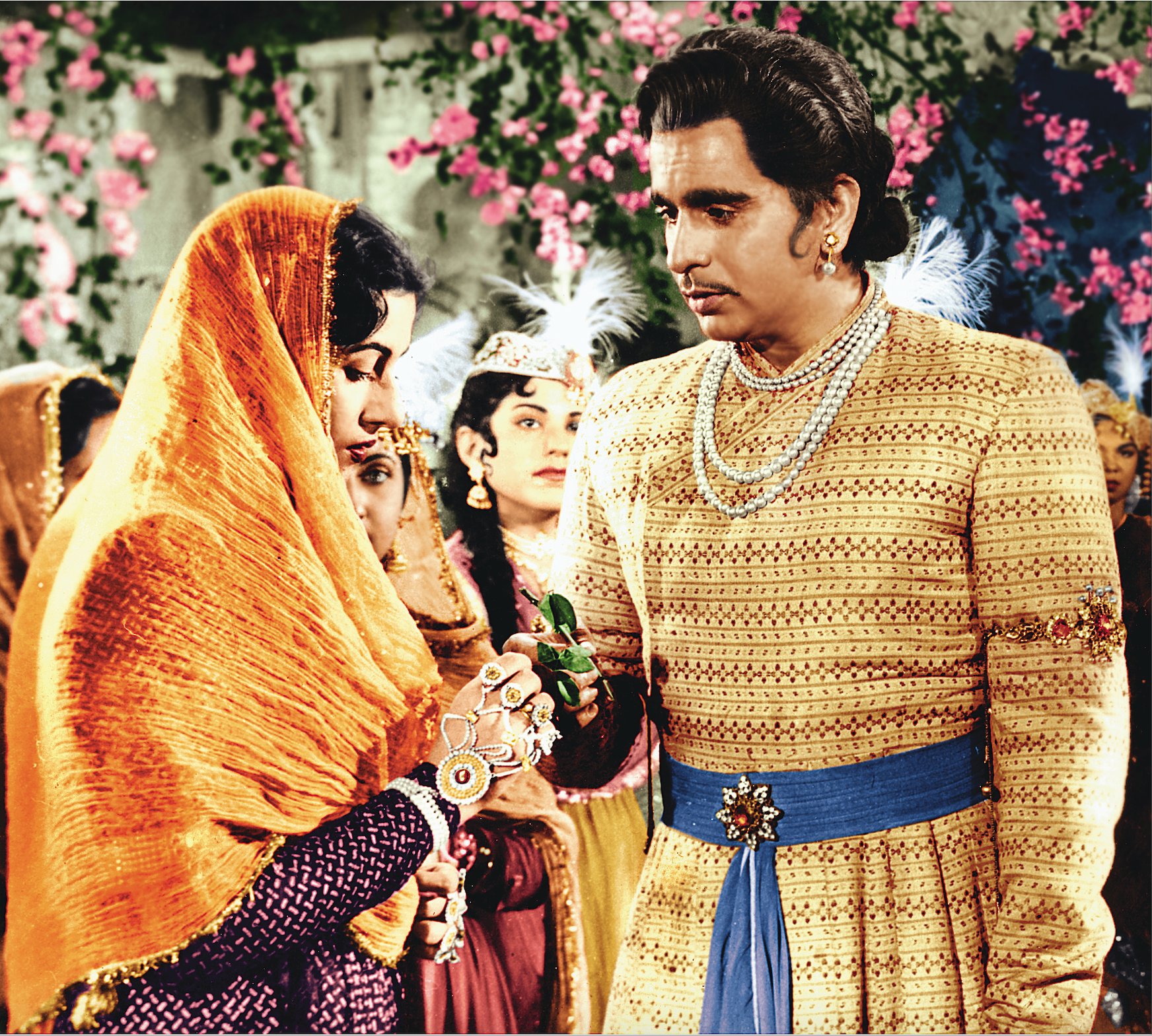
Acclaimed as the Tragedy King of Hindi cinema, the actor was said to have had a soft corner for a few of her leading ladies. Hence makers kept repeating the actresses and in his 45 films, we can only see him being paired with only 11 actresses. The thespian was reportedly in love with at least three of his co-stars. Dilip remained an unrequited lover in real life till he was in his 40s.
Kamini Kaushal, allegedly the first great love of his life remained unattainable as she was already married. Dilip was then smitten by very gorgeous Madhubala. He even once said that, “Jab tak mai zinda hu tab tak mai Madhubala se pyaar Karunga”. However, their love story ended on a bitter note. Kumar was said to be secretly engaged to Madhubala who broke off all ties with him when he sided with BR Chopra after the producer filed a breach of contract case against her. It also said that things turned so bad between the former lovers that Dilip Kumar was replaced by Kishore Kumar in Madhubala-produced Dhake Ki Malmal.
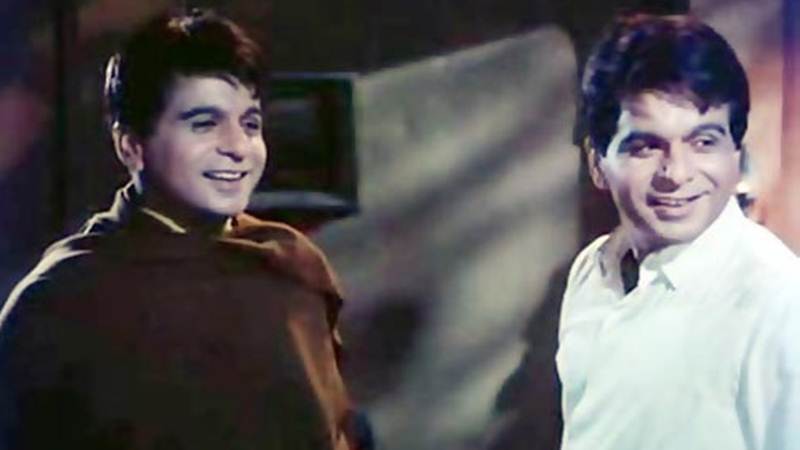
After Kamini and Madhubala, the rumours about Dilip's intense romance with Vyjayanthimala did rounds for longtime. He finally married Saira Banu in 1966. He was 44 at the time and she was just 22. However, Saira-Dilip's fairy-tale relationship had its fair share of ups and downs. Banu, who was head over heels in love with Dilip was in shock when he got involved with Hyderabadi beauty Asma Rehman. Kumar's second marriage was bound to leave his much-devoted wife Saira heartbroken.
In his autobiography, The Substance And The Shadow, Dilip tried to set the record straight. He described his marriage with Asma as ill-fated and said he would like to forget that part of his life.
"Well, the one episode in my life that I would like to forget and which we, Saira, and I, have pushed into eternal oblivion is a grave mistake I made under the pressure of getting involved with a lady named Asma Rehman whom I had met at a cricket match in Hyderabad", reads an excerpt from the book which dismissed great romances of Dilip without much ado.
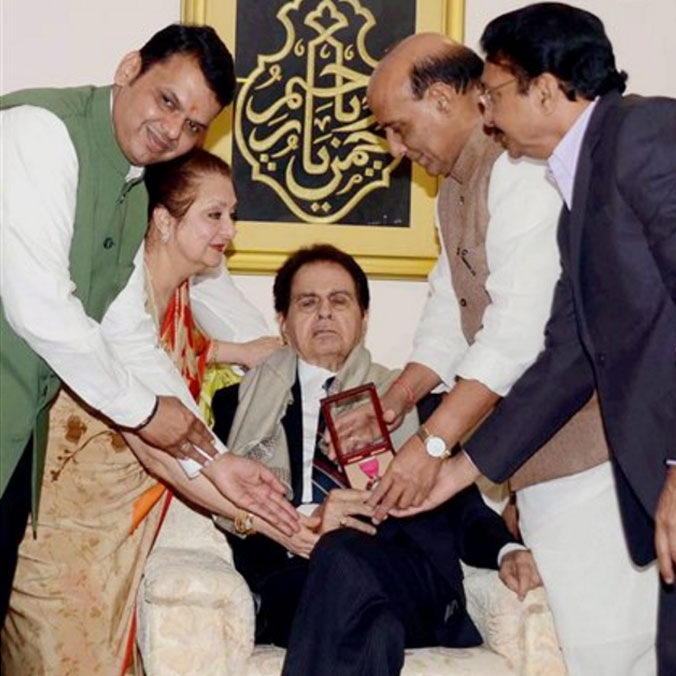
He divorced Asma in two years when he came to know that she was cheating on him with her ex-husband.
However, Saira remarried her 'Kohinoor' (she fondly called him as) once he parted ways from Asma and they continued to remain strong till the 98-year-old legendary actor breathed his last in Mumbai on July 7 due to age-related illness.
--Minal Dodia
